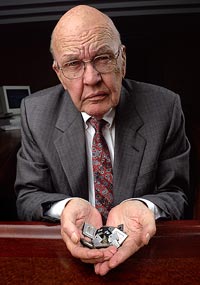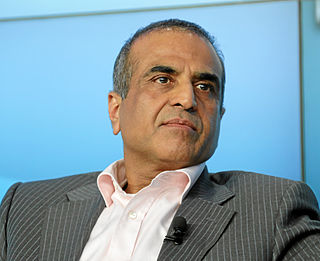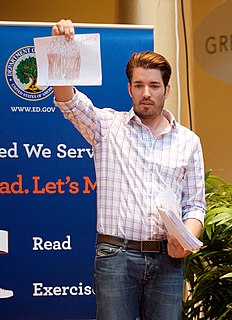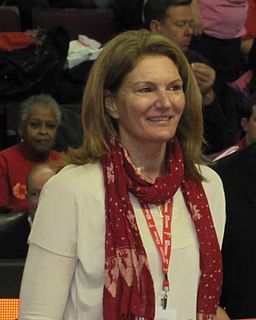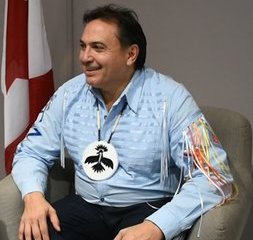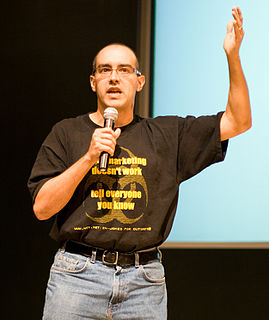A Quote by Jack Kilby
Well, the big products in electronics in the '50s were radio and television. The first big computers were just beginning to come in and represented the most logical market for us to work in.
Related Quotes
I probably had the most fun ever in the ring with Christian. And it was because he could just pick stuff up out of thin air and make it something. Neither of us were these big high-fliers; none of us were power guys doing these big, crazy moves. But the finesse and the things were smooth with me and him.
The Middle East would always be an important trading partner in just a market sense, like America is a big market for us, Asia is a big market, Europe is a big market. You are going to have hundreds of millions of consumers there, from just a standard market point of view, from a very narrow American point of view.
When you start in the childhood period, when you begin to form a comic sense, it was the radio comedians - from the last days of radio and the first days of television. And Spike Jones. And the Marx Brothers. They represented anarchy. They took things that were nice and decent and proper, and they tore them to shreds. That attracted me.
Growing up, the major institutions were school and church. We were taught our culture was no good. We didn't have sundances. The last ones were in the 1940s and '50s. They're starting to come back now. Each reserve is starting to have a Big Lodge and a sundance ceremony. That's what's going to rebuild our people.
Tech stocks were the cubic zirconium of the market. They looked good and were sexy, but they just were a way for the company selling them to make money. That's always going to be transient in terms of the stock market. What's real is that companies have to compete. Technology used well is a great tool to enable that if only because most companies dont use technologies well.
When he first started - Jim Henson, who created Bid Bird and Oscar - he said Big Bird was just a big, goofy guy. And it was - a script came along and I said, 'I think Big Bird would be much more useful to the show if he were a child learning all the things we were teaching in the show.' And so he didn't know the alphabet, even, for instance.
